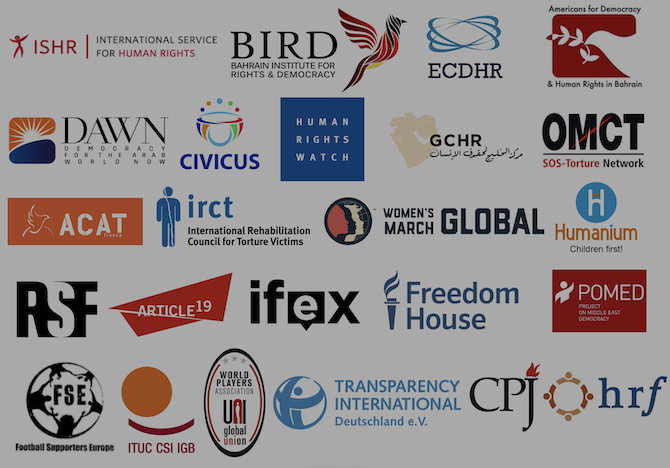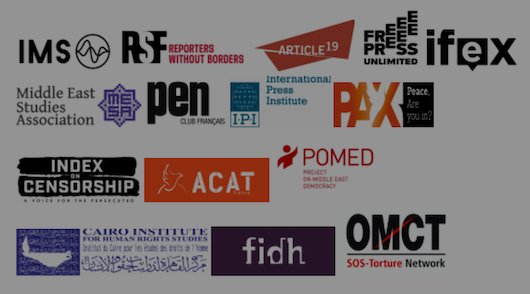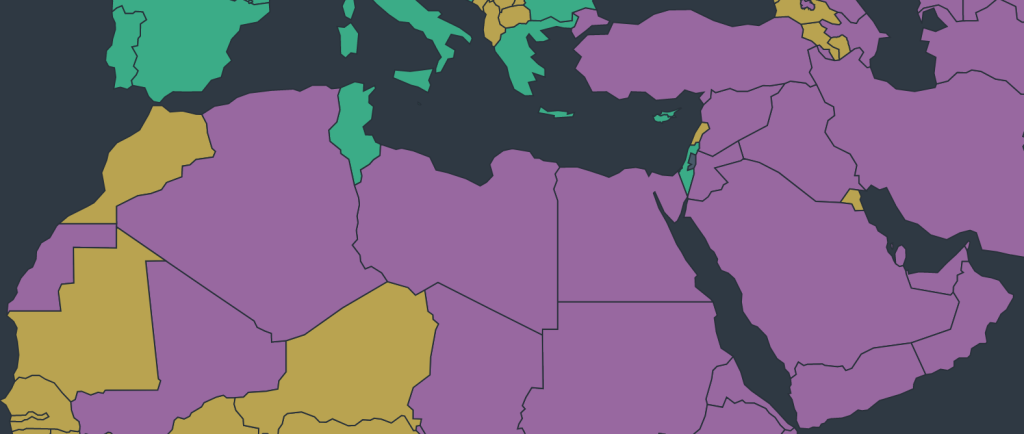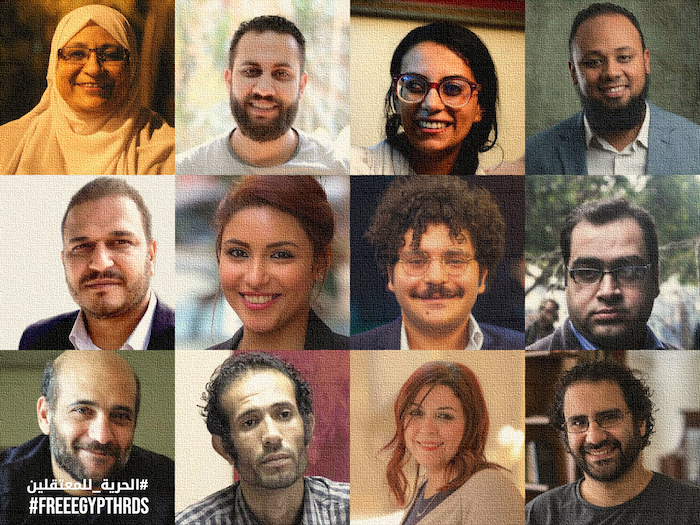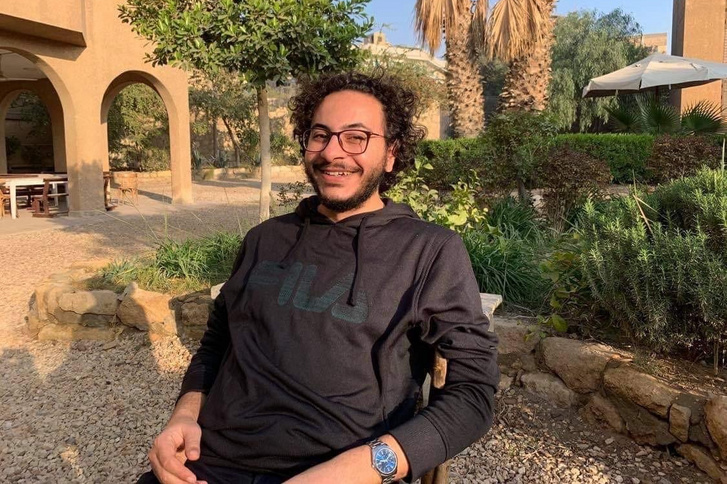



In recent weeks, President Recep Tayyip Erdoğan has significantly escalated his assaults on democracy and human rights in Turkey. As Turkish authorities unjustly imprisoned a prominent member of parliament from the second-largest opposition party, the Peoples’ Democratic Party (HDP), the government initiated a process to ban the HDP entirely. Erdoğan also suddenly withdrew Turkey from the Istanbul Convention, a major international treaty designed to combat violence against women. Earlier this winter, Turkish police cracked down on peaceful student protestors at Istanbul’s prestigious Boğaziçi University and government officials attacked them with homophobic hate speech online. Collectively, these repressive moves constitute what Human Rights Watch has called a crackdown on “a scale unprecedented in the 18 years that [Erdoğan] has been in office.”
Please join us for a panel discussion on why Erdoğan is cranking up repression, what the impact on the ground is, and how the United States and Europe should respond.
 Emma Sinclair-Webb is a senior Turkey researcher with the Europe and Central Asia division of Human Rights Watch. She has worked on issues including police violence, accountability for enforced disappearances and killings by state perpetrators, the misuse of terrorism laws, and arbitrary detention. Ms. Sinclair-Webb was a researcher on Turkey for Amnesty International from 2003 to 2007, and previously worked in publishing as a commissioning editor on books on history, culture, and politics in the Middle East and southeast Europe. She has degrees from Cambridge University and Birkbeck College, London, and speaks Turkish.
Emma Sinclair-Webb is a senior Turkey researcher with the Europe and Central Asia division of Human Rights Watch. She has worked on issues including police violence, accountability for enforced disappearances and killings by state perpetrators, the misuse of terrorism laws, and arbitrary detention. Ms. Sinclair-Webb was a researcher on Turkey for Amnesty International from 2003 to 2007, and previously worked in publishing as a commissioning editor on books on history, culture, and politics in the Middle East and southeast Europe. She has degrees from Cambridge University and Birkbeck College, London, and speaks Turkish.
 Gönül Tol is the founding director of the Middle East Institute’s Turkey program and a senior fellow with the Institute’s Frontier Europe Initiative. She is also an adjunct professor at George Washington University’s Institute for Middle East Studies. She previously has been an adjunct professor at the College of International Security Affairs at the National Defense University, where she taught courses on Turkey, world politics, and the Middle East. Dr. Tol has written extensively on Turkey-U.S. relations, Turkish domestic politics, and the Kurdish issue.
Gönül Tol is the founding director of the Middle East Institute’s Turkey program and a senior fellow with the Institute’s Frontier Europe Initiative. She is also an adjunct professor at George Washington University’s Institute for Middle East Studies. She previously has been an adjunct professor at the College of International Security Affairs at the National Defense University, where she taught courses on Turkey, world politics, and the Middle East. Dr. Tol has written extensively on Turkey-U.S. relations, Turkish domestic politics, and the Kurdish issue.
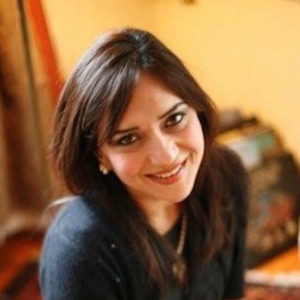 Amberin Zaman is a senior correspondent reporting from the Middle East, North Africa, and Europe exclusively for Al-Monitor. Zaman has been a columnist for Al-Monitor for the past five years, examining the politics of Turkey, Iraq, and Syria and writing the daily Briefly Turkey newsletter. Prior to Al-Monitor, Zaman covered Turkey, the Kurds, and conflicts in the region for the Washington Post, Daily Telegraph, Los Angeles Times and Voice of America. Ms. Zaman served as the Economist‘s Turkey correspondent between 1999 and 2016 and has worked as a columnist for several Turkish language outlets.
Amberin Zaman is a senior correspondent reporting from the Middle East, North Africa, and Europe exclusively for Al-Monitor. Zaman has been a columnist for Al-Monitor for the past five years, examining the politics of Turkey, Iraq, and Syria and writing the daily Briefly Turkey newsletter. Prior to Al-Monitor, Zaman covered Turkey, the Kurds, and conflicts in the region for the Washington Post, Daily Telegraph, Los Angeles Times and Voice of America. Ms. Zaman served as the Economist‘s Turkey correspondent between 1999 and 2016 and has worked as a columnist for several Turkish language outlets.
 Merve Tahiroğlu (moderator) is POMED’s Turkey Program Coordinator. Prior to joining POMED in 2019, Merve was a research analyst at the Foundation for Defense of Democracies, where she focused on Turkey’s domestic politics, foreign policy, and relationship with Washington. She has authored several monographs and published articles in outlets such as Foreign Affairs, the Washington Post, the Wall Street Journal, Foreign Policy, Politico, and HuffPost.
Merve Tahiroğlu (moderator) is POMED’s Turkey Program Coordinator. Prior to joining POMED in 2019, Merve was a research analyst at the Foundation for Defense of Democracies, where she focused on Turkey’s domestic politics, foreign policy, and relationship with Washington. She has authored several monographs and published articles in outlets such as Foreign Affairs, the Washington Post, the Wall Street Journal, Foreign Policy, Politico, and HuffPost.




